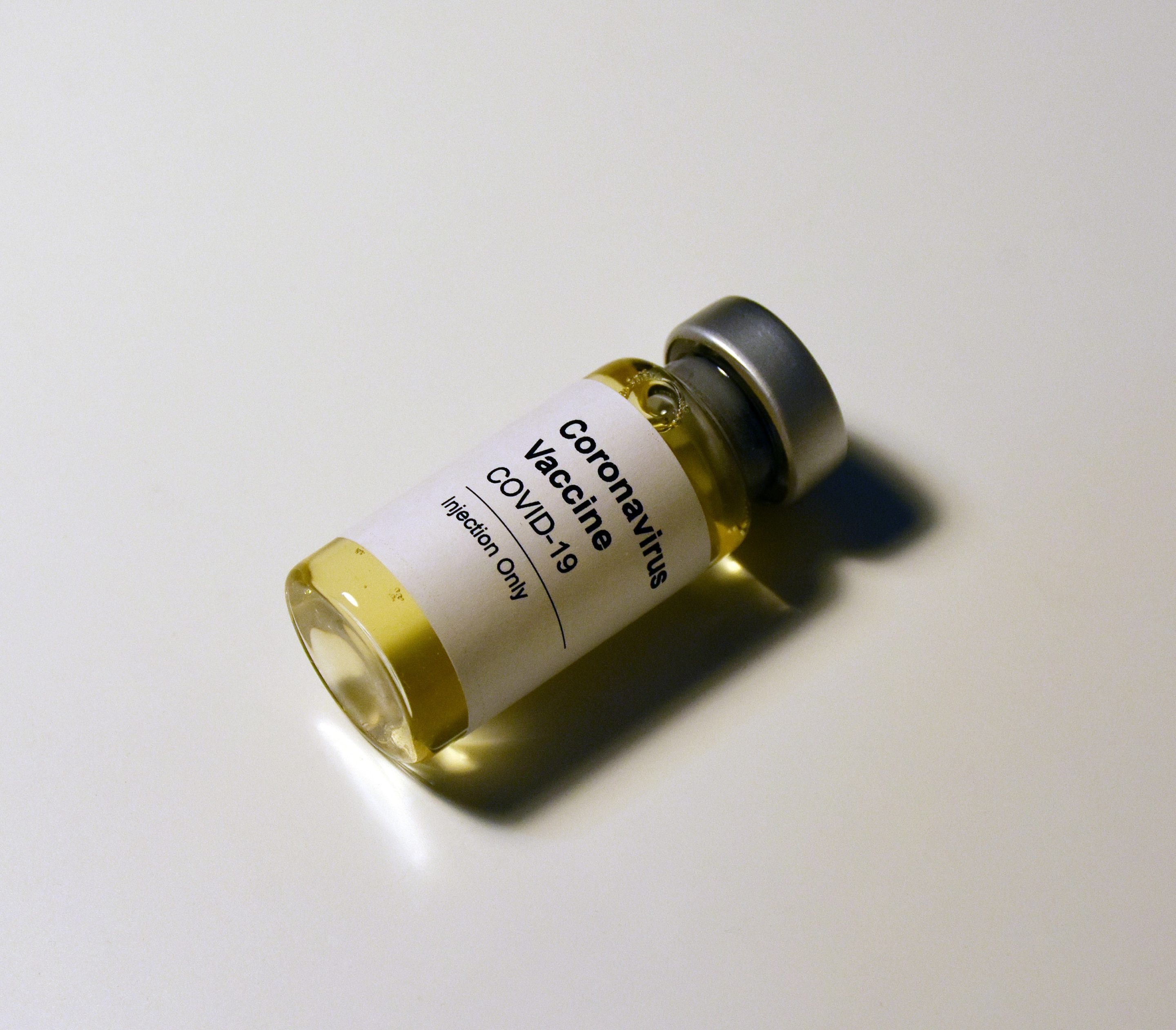The UK has now approved its second vaccine for COVID-19. Last week, AstraZeneca (Pharmaceutical company) and Oxford University’s vaccine was approved for use and has since been administered to the public. From this week there will be half a million doses available for mass immunisation, making up a small proportion of the total 100 million vaccines ordered by the UK so far.1
There are aspirations to vaccinate 2M patients a week, immunising in the same order as the Pfizer-BioNTech vaccine. This means that highest priority people will have the jab first: care home residents, those over 80 and health care workers. After this, all over 50s and younger people with health conditions will be immunised as part of the first roll out – 25M people in total.2
The main differences between this newly approved vaccine and the previous Pfizer vaccine are:
1) How the vaccine works: The Pfizer-BioNTech vaccine relies on mRNA technology (Messenger Ribonucleic acid – a single-stranded RNA molecule that is complementary to one of the DNA strands of a gene), this means that they effectively introduce a little bit of genetic code that tricks the body into making COVID-19 antibodies. This differs from the AstraZeneca-Oxford University vaccine as it comprises a modified version of a common cold virus that usually only spreads among chimpanzees. This altered virus includes a gene from the portion of COVID-19 that provokes an immune response, helping your body combat COVID-19 if you become infected.3
2) Immunisation schedule: Another significant difference in the roll out of this vaccine is the change in the immunisation schedule. The Pfizer-BioNTech vaccine has been given once and then quickly readministered after three weeks. We are now seeing a shift to vaccinating as many people as possible with the first dose, with the second dose administered within a longer period of time (12 weeks after the first jab). This change was authorised by The Medicines and Healthcare products Regulatory Agency (MHRA).1
3) Storage and supply: The AstraZeneca-Oxford vaccine is far easier to store and distribute given it can be stored at normal fridge temperature, unlike the Pfizer-BioNTech vaccine that must be kept at -70oC. This vaccine is also manufactured in the UK, whereas Pfizer’s is made in Belgium, raising hopes for fewer supply problems.1
Given the latest UK coronavirus statistics (over 60K new cases yesterday) the news of more approved vaccines is hugely welcomed.4 However, until such a time that these vaccines are widely distributed and under control, we along with the rest of the health and care industry urge you to stay at home, stay distanced and keep washing your hands. Some day soon, this will all be in the past.
References:




